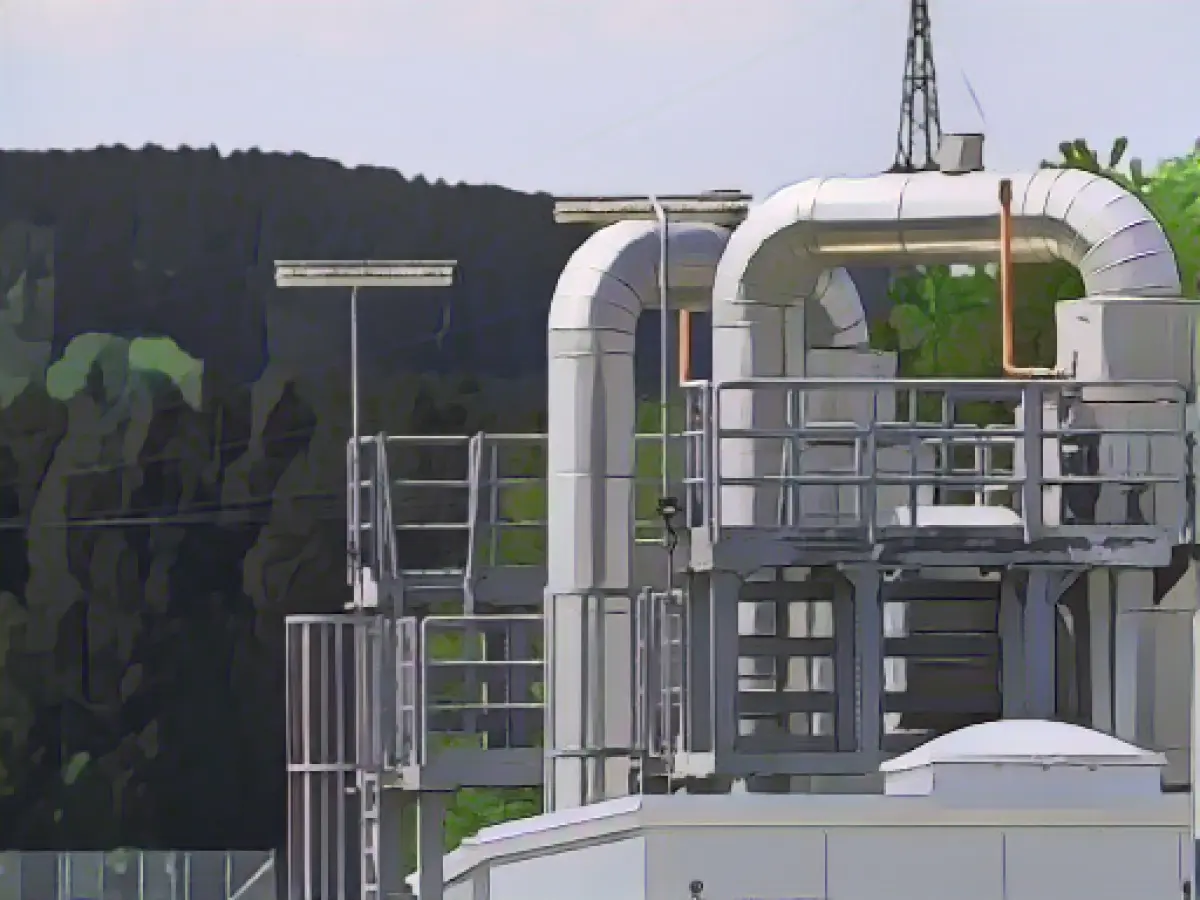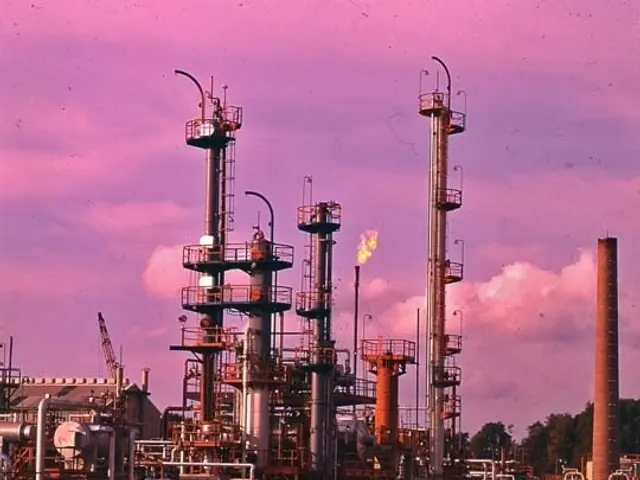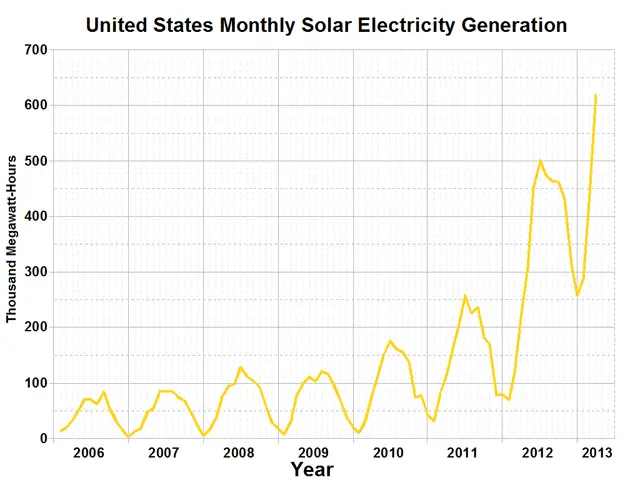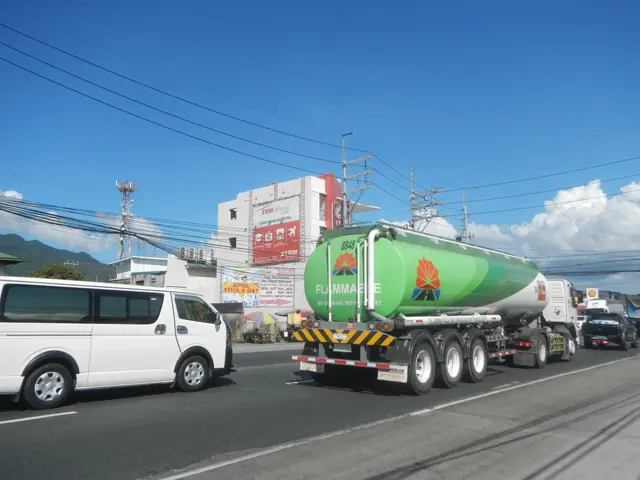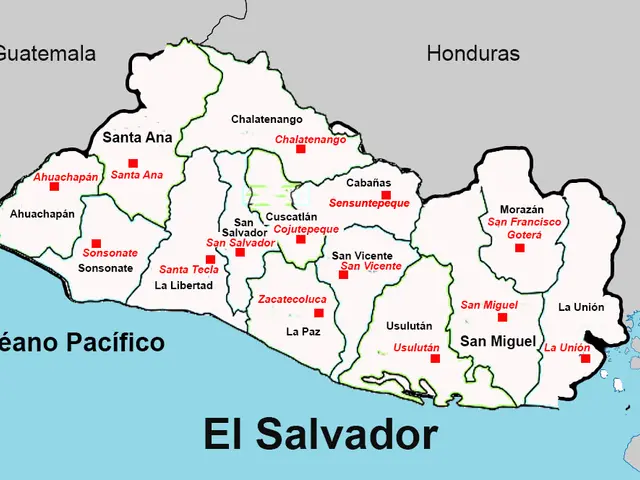Contensive Gas Conundrum in Austria: Expert Analysis
Two years into the Russian-Ukraine conflict, Austria continues to lean heavily on Russian gas, acquiring an average of 60% of its supply from the Eastern nation. This figure shot up to a staggering 80% in September - remarkably close to the war's initiation.
Former energy regulators, Walter Boltz and Gerhard Roiss, have raised concerns, warning of potential supply disruptions. Boltz, who now advises Austria's Energy Ministry, pointed out that limited pipeline capacities on alternative routes from Germany would drive up prices in the event of a loss of Russian gas supply.
The CEO of Gas Connect Austria (GCA), Stefan Wagenhofer, defended the continuous flow of Russian gas through Ukraine, stating that pipeline capacities on alternative routes are insufficient. This stance has prompted criticism, with experts lamenting a lack of proactive efforts by GCA to expand pipeline capacities from Germany.
Ukrainian Assurances and Risks
Ukrainian Deputy Prime Minister Olha Stefanischyna assured that Ukraine would continue to facilitate the transit of gas from Russia, potentially avoiding a contract termination. However, Carola Millgramm from E-Control, Austria's energy regulator, noted that the pipeline remains in a war zone, posing a risk to its integrity.
Austria has yet to renounce Russian gas due to the existing supply contract running until 2040. Despite this, regional energy suppliers remain heavily reliant on Russian gas, with experts calling for proactive measures to avert potential pitfalls.
Strategies for Energy Security
Austria can bolster its energy security through a multifaceted approach.
- Diversification of Gas Sources: Increase LNG imports from the US and Qatar, and harness the potential of the Southern Gas Corridor as well as Norway's Troll field.
- New Pipeline Projects: Boost the efficiency of the internal energy market and consider investing in regasification capacity to convert LNG into usable gas.
- Storage Capacity Expansion: Enhance gas storage capacities to provide a stable supply during peak demand periods.
- Alternative Gas Suppliers: Explore Norwegian gas as a reliable alternative.
- OMV's Diversification Strategy: Capitalize on OMV's diversified portfolio, ensuring a secure gas supply.
By implementing these strategies, Austria can decrease its dependence on Russian gas and mitigate the risks associated with the Ukrainian pipeline.
